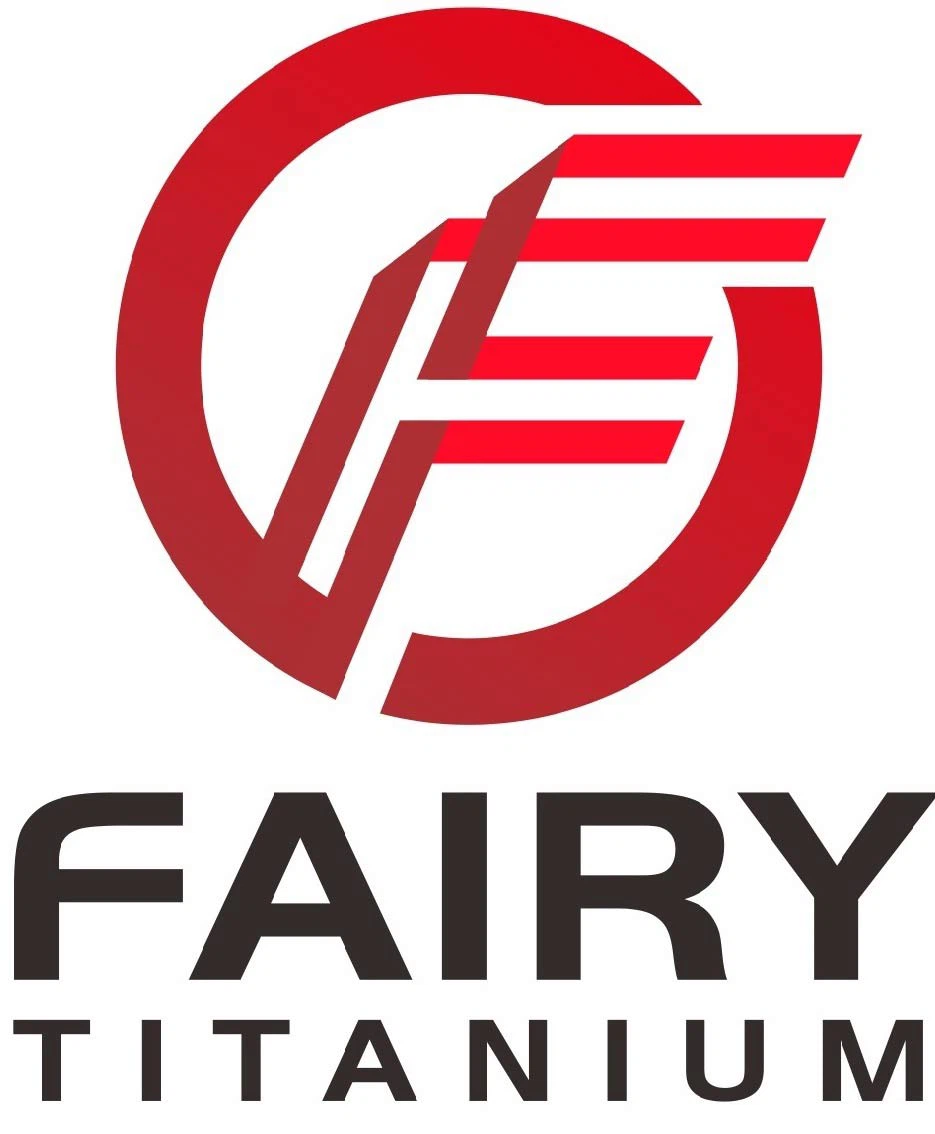The choice of material for an electrolysis anode depends on several factors, including the specific electrolyte, operating conditions, and desired performance characteristics. Here are some commonly used materials for electrolysis anodes:
Platinum: Platinum is known for its excellent corrosion resistance and conductivity, making it suitable for various electrolysis applications. It is particularly effective in acidic environments and where high current densities are required. However, platinum is expensive, which can limit its use in certain applications.
Titanium: Titanium is a popular choice for electrolysis anodes due to its excellent corrosion resistance, lightweight nature, and cost-effectiveness compared to platinum. It is commonly used in chlor-alkali electrolysis, water electrolysis, and other electrochemical processes. Titanium anodes can be coated with mixed metal oxide coatings to enhance their performance and stability.
Mixed Metal Oxides (MMOs): MMO-coated titanium anodes are widely used in various electrolysis applications. These coatings typically contain oxides of noble metals such as ruthenium, iridium, or platinum. MMO anodes offer high catalytic activity, durability, and stability in a wide range of electrolytes.
Graphite: Graphite anodes are often employed in electrolysis processes that involve strong oxidizing agents or harsh environments. Graphite offers good chemical resistance and conductivity. However, it may not be as durable as platinum or titanium-based anodes, particularly in certain electrolytes.
Other Metals: Depending on the specific requirements and operating conditions, other metals like tantalum, niobium, or stainless steel can be used as anode materials. These metals offer varying degrees of corrosion resistance and can be suitable for specific electrolysis applications.

Can titanium be used for electrolysis?
Yes, titanium can be used for electrolysis in certain applications. Titanium is commonly used as an anode material in electrolysis processes where corrosion resistance, durability, and cost-effectiveness are important factors. Here are a few examples:
Chlor-Alkali Electrolysis: Titanium anodes are widely used in the chlor-alkali industry for the production of chlorine gas, sodium hydroxide, and hydrogen gas. They exhibit excellent corrosion resistance in the highly corrosive sodium chloride (NaCl) electrolyte and can withstand the harsh conditions of the electrolysis process.
Water Electrolysis: Titanium MMO anodes are also used in water electrolysis, which involves the splitting of water molecules into hydrogen and oxygen gases. Titanium demonstrates good chemical stability and corrosion resistance in water-based electrolytes.
Electrowinning: Electrowinning is a process used to extract metals from ore or to recover valuable metals from solutions. Titanium anodes can be employed in electrowinning processes for metals such as copper, zinc, and nickel. They provide resistance to the corrosive effects of the electrolyte and have a long operational life.
Electroplating: Titanium anodes find applications in electroplating processes where a layer of metal is deposited onto a substrate. They offer excellent corrosion resistance and durability, making them suitable for various electroplating baths.
When using titanium as an anode material for electrolysis, it is common to enhance its performance by applying mixed metal oxide (MMO) coatings. These coatings, typically containing noble metals such as ruthenium, iridium, or platinum, improve the catalytic activity and stability of the titanium anodes.

The selection of the best material for an electrolysis anode depends on factors such as the electrolyte composition, pH, temperature, current density, and overall system requirements. It is important to consider compatibility, cost-effectiveness, durability, and performance when making the material selection. Consulting with experts and considering previous research or industry guidelines can help ensure the appropriate choice for your specific electrolysis application.







